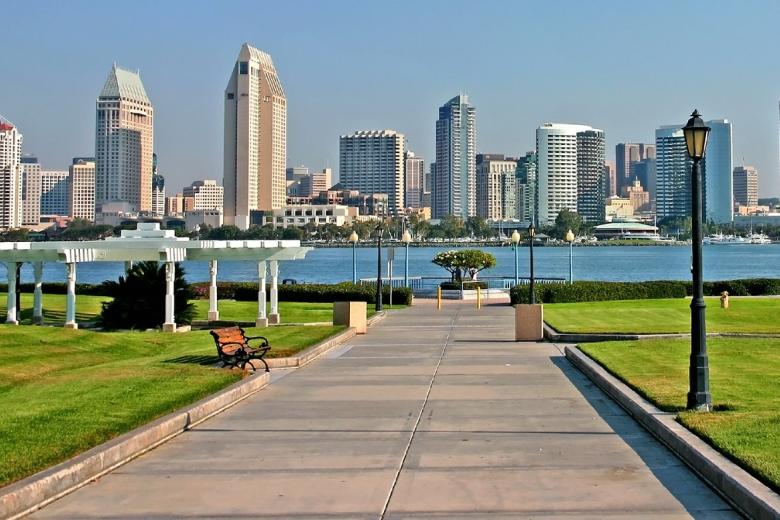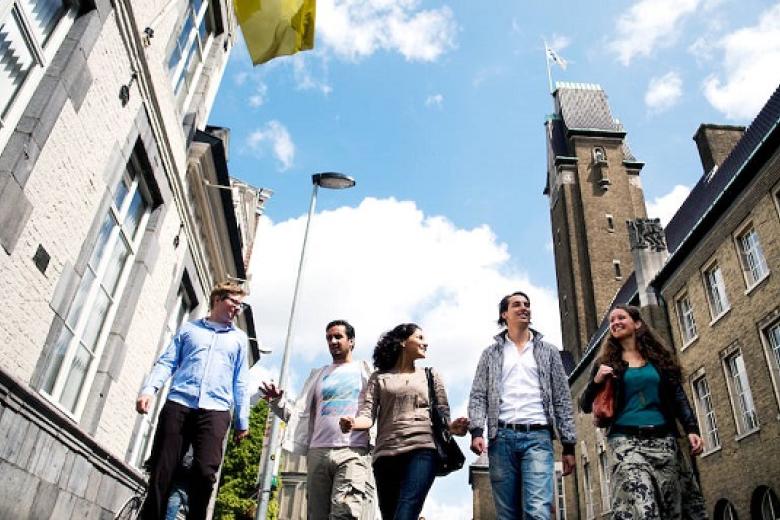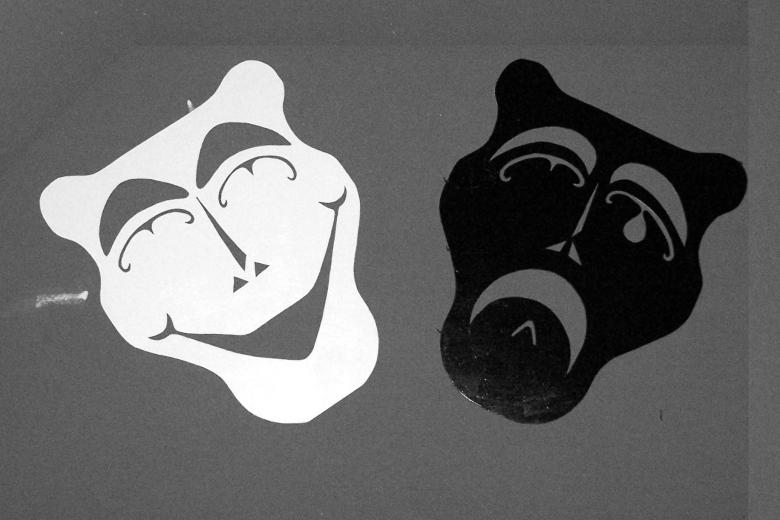Out of Sight, Out of Mind
When Germany opened its borders for 1 million refugees, Australia allowed 12 000 asylum seekers into the country. This is just a fraction compared to Merkel´s quota, especially when we look at the size and population. With 22 million inhabitants and a land of the size of North America, you would think it is more plausible that Australia would take in a few more. This, however, is not the case, at all. Australian immigration policies are complicated and make it very difficult for immigrants to enter or settle down. Yes, it is one of the most multicultural societies in the world, but that doesn’t mean it is very welcoming to strangers.
With 4 coastlines to protect, one of the most discussed issues for Australia is to hold back the illegal immigrants, coming from Indonesia by boat. These people are so desperate, they get on a tiny dingy and cross the Indian Ocean in the hope to find some luck in this sunburned country. Unfortunately, most of them get the status “unlaw-ful non-citizens” and end up in a detention center where they are waiting to be deported. They will not be granted a visa and deportation can take up to a few years. The detention centers are known for being harsh and problematic. Over the last few years, riots have been taken place and asylum seekers have sewed their lips together as a form of protest. It is the uncertainty and desperation for these people what drives to anger.
The discussion about boat immigrants, as they are often called, played up after the Paris attacks. The question was if Australia was safe, and what would happen if they would allow more immigrants into the country. The majority of the population was afraid of a terrorist attack. People explained that it is “very likely” that something will happen because “you don’t know where the enemy is.” Paris was taken by the media and politicians as an example to show what could happen if a country takes up too many immigrants. It confirmed what the majority feared if Australia would take more refugees.
In the past, Australia hasn’t always been so neglecting to foreigners. In the 1970s, there was a completely different approach to refugees. The immigration minister back in 1976, Michael MacKellar said the following after the first boat of Vietnamese asylum seekers arrived in Darwin:
“As a matter for humanity, and in accord with international obligation freely entered into, Australia has accepted a responsibility to contribute towards the solution of world refugee problems.”
Promises were made to use the “full resources” for current and future refugees, because of “moral rightness”.
What has changed over the years and how did it changed? Media nowadays, uses phrases such as “potential terrorists”, “job-takers” and “illegals”. The promised “full resources” turned out to be detention centers which I have briefly mentioned above and the Australian Border Force, which aims to protect and control the movement of people and goods across the border. Why is Australia nowadays so neglecting towards asylum seekers?
It is a tricky question and a complex answer.
One thing is clear: Australia has changed as has their way of thinking and talking about aslyumn seekers. Immigrants are not regarded as victims of war or traumatic events, rather they are considered as persons who come here to work. By changing the way of discussion in public, it is changing the view on the subject. Another example is the phrase “how to stop the boats” instead of helping people. The detention centers are build out of vision of the Australian citizen. This creates the thought: “Out of sight, out of mind.”
Recently I have talked to a local named Jack about this topic. He stated that humanity should be ashamed of itself of what is happening in the world with the massive stream of immigrants. His argument was explained in a long speech and contradicted himself by concluding that Australia does not want more immigrants. “We are accepting more than enough refugees already. We don’t want them here, they can go somewhere else.” So if the world should be ashamed of himself, should Australia be too? Would it not be a better idea to help those people instead of putting them away? Jack sighted and looked annoyed. “Look, we probably could do more but we don’t want to. We have our own problems to take care of.”Australia could do more, yes that is true, but does it want to? As far as I can see, no. Perhaps some issues are, indeed, too far out of sight to be kept in mind.
About the author
Marjolein Drenth studied BA Art&Culture at Maastricht University. She was a contributor to the Maastricht Students blog from March, 2013 to September, 2016.
-
Why my semester abroad in San Diego sucked
So a couple of weeks ago I came back from my semester abroad. Never in my life have I been this happy about returning to Europe, and I didn’t think I would ever qualify as a person that wanted to leave their exchange destination. Especially when said destination is San Diego, CA.

-
The Maastricht Syndrome
The Maastricht Syndrome describes a lasting, location-dependent sexual low which is supposedly caused by external factors such as stress, work overload, lack of potential sex buddies or other turn-off forces linked to the environment. The Maastricht Syndrome is named after a town in Limburg in the...

-
Is mankind innately ‘good’ or ‘bad’?
One of the reasons I decided to study Psychology is the fact that it covers pretty interesting philosophical topics. The entire field is indoctrinated with apparent contradictions that are fundamental in order to explain our psyche. Great minds have tormented themselves on the quest to find the...
